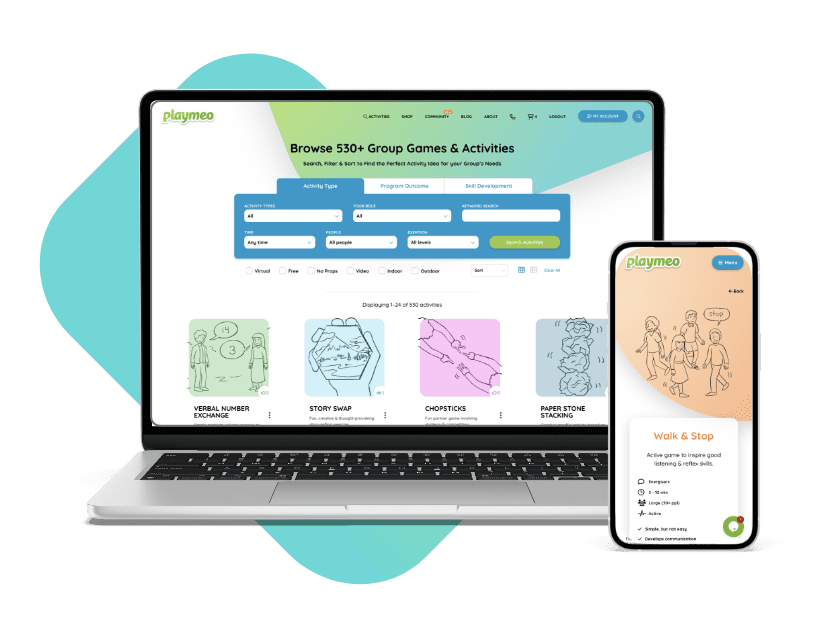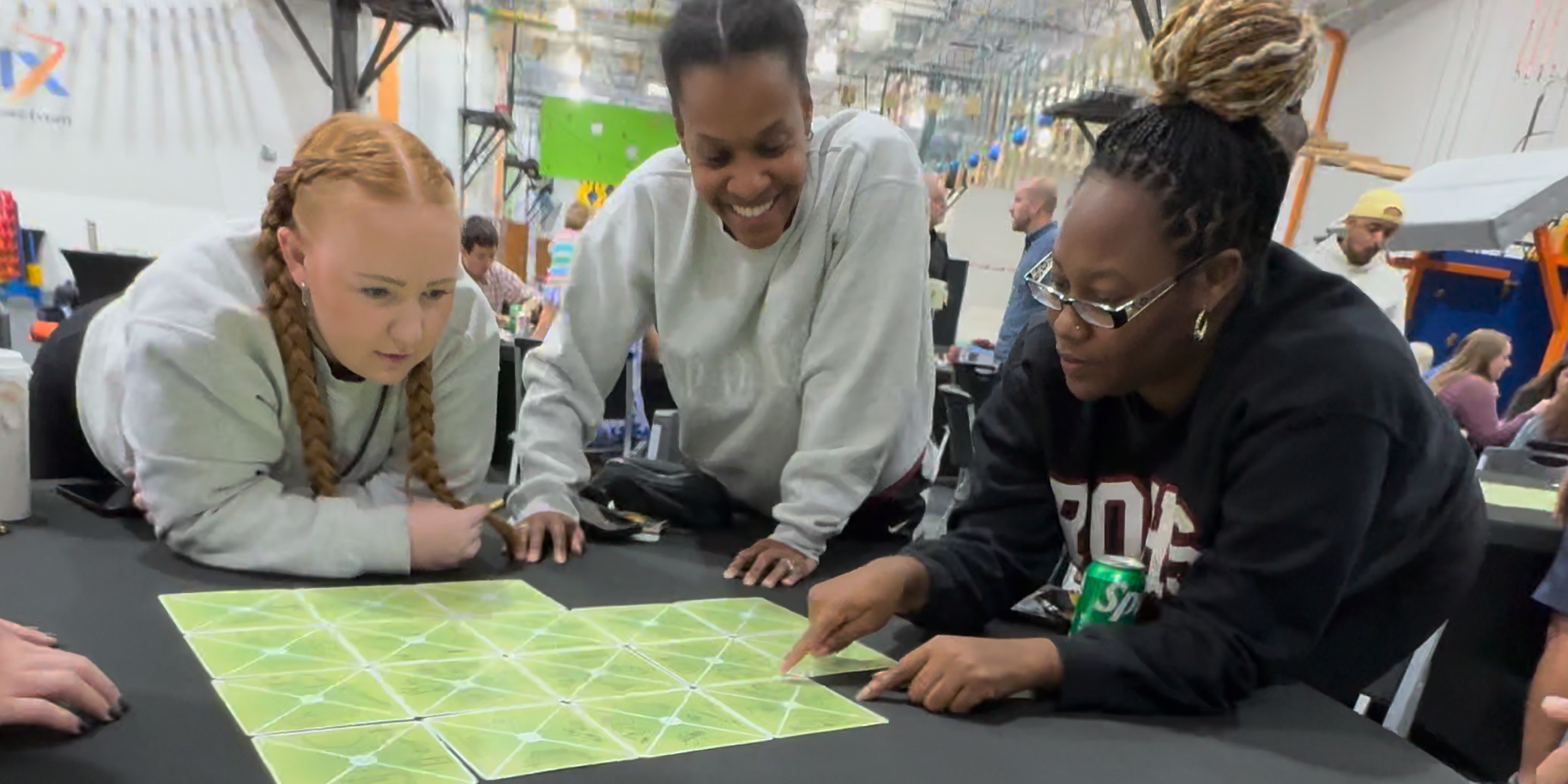Earlier this week, I came across the words of organisational psychologist and author Adam Grant:
“Feeling unsteady is not a sign of instability. It’s often the path to progress. Standing still feels secure, but gaining momentum requires tilt or sway. Walking is controlled falling. Being in equilibrium breeds comfort. Feeling off balance leads to growth.”
This was so refreshing to read for two reasons.
First and most immediately, I reflected on this quote on my own progress in life and as a professional group facilitator. And then, I pondered how this quote could impact those groups I observe struggling with instability or the willingness to fail.
Comfort Zones
My thoughts turned to one of the most recent programs I lead last week, a group of camp leaders.
We were playing Block Bridge, and I observed that everyone was playing it safe, working hard with their partner not to let their bridge fall apart. To be fair, this is very reasonable behaviour, but a reality check was in order.
Having paused the action, I argued that playing it safe was akin to operating within one’s Comfort Zone. As discussed in my book Serious Fun, most people confuse this zone of human development with feelings of comfort – and while this is often true – one’s Comfort Zone is defined by those skills and tasks we can achieve success at on our own.
Driving a manual-shift car sits within my Comfort Zone, but speaking (Chinese) Mandarin does not.
All growth, learning and development occur outside of one’s Comfort Zone, in what is commonly referred to as the Stretch Zone. I didn’t make this up, it’s a fact. Consequently, all efforts to play it safe are just another way of saying there is no growth, learning or development happening here.
Controlled Falling
I invited my group to raise the bar, to step outside their Comfort Zones. I wanted them to feel comfortable feeling off-balance as if they could fail at any time. And they did. A lot.
After a rather frenetic period of experimentation, we paused to reflect. I asked everyone to share what they noticed.
Without exception, we all noticed that this second round was a lot more fun, energising and exciting. Yes, it was a lot less “successful”, but the group actually enjoyed this second round a lot more because it was challenging. And… learning occurred.
We all agreed that the early round, in the absence of challenge, was not as much fun.
There embeddeth the lesson.
As one of my mentors has said to me, it can feel like a tiny miracle when words of encouragement land in your lap at the right time. I chose to perform a ‘tiny miracle’ with my group last week and they later thanked me for it.
Of course, this was not a miracle so much as the work of an observant facilitator.
So, if you happen to notice your students or staff or participants kind of cruising and feeling comfortable, invite them to experience an episode of “controlled falling” and see what happens. If you and they have the courage, be prepared to fall.
Have fun.

No Props? No Problem!
Get 150+ no-prop games & activities + exclusive 30-day free trial of playmeo. Scan QR codes to view activity videos, leadership tips, etc.

EMOJI Feeling Cards
50+ cards that portray a range of emotions from happy, sad, angry & confused. Ideal for building emotional literacy skills.

Wow, you’ve been busy!
You can open 1 more
activity for free.
Limit resets every 24 hours
or click below to get unlimited access.











Original post September 2022, last updated September 2022.